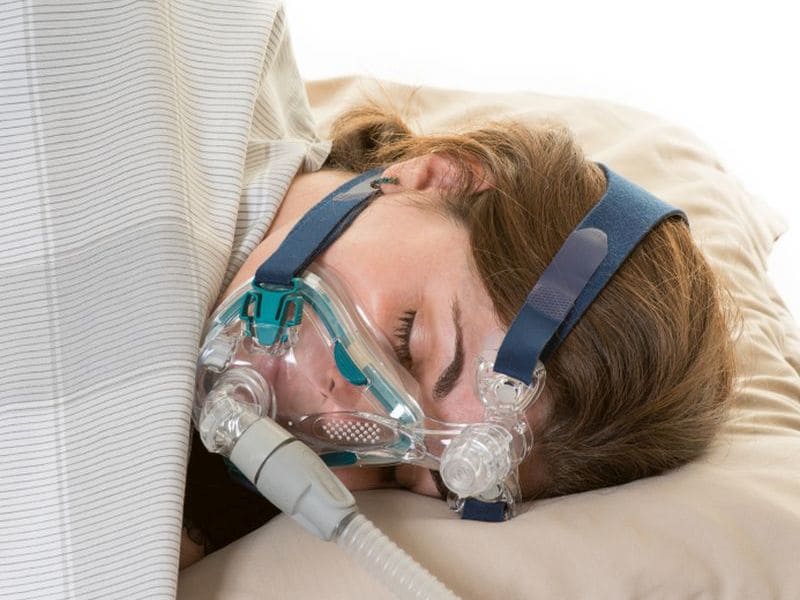
Teens with behavioral problems are more likely than others to use marijuana — but the drug itself doesn’t increase conduct problems, a new study indicates. The findings suggest that a “cascading chain of events” predict marijuana use problems as teens become young adults, according to the University of Pennsylvania researchers. “Cannabis use in and of… read on >






























